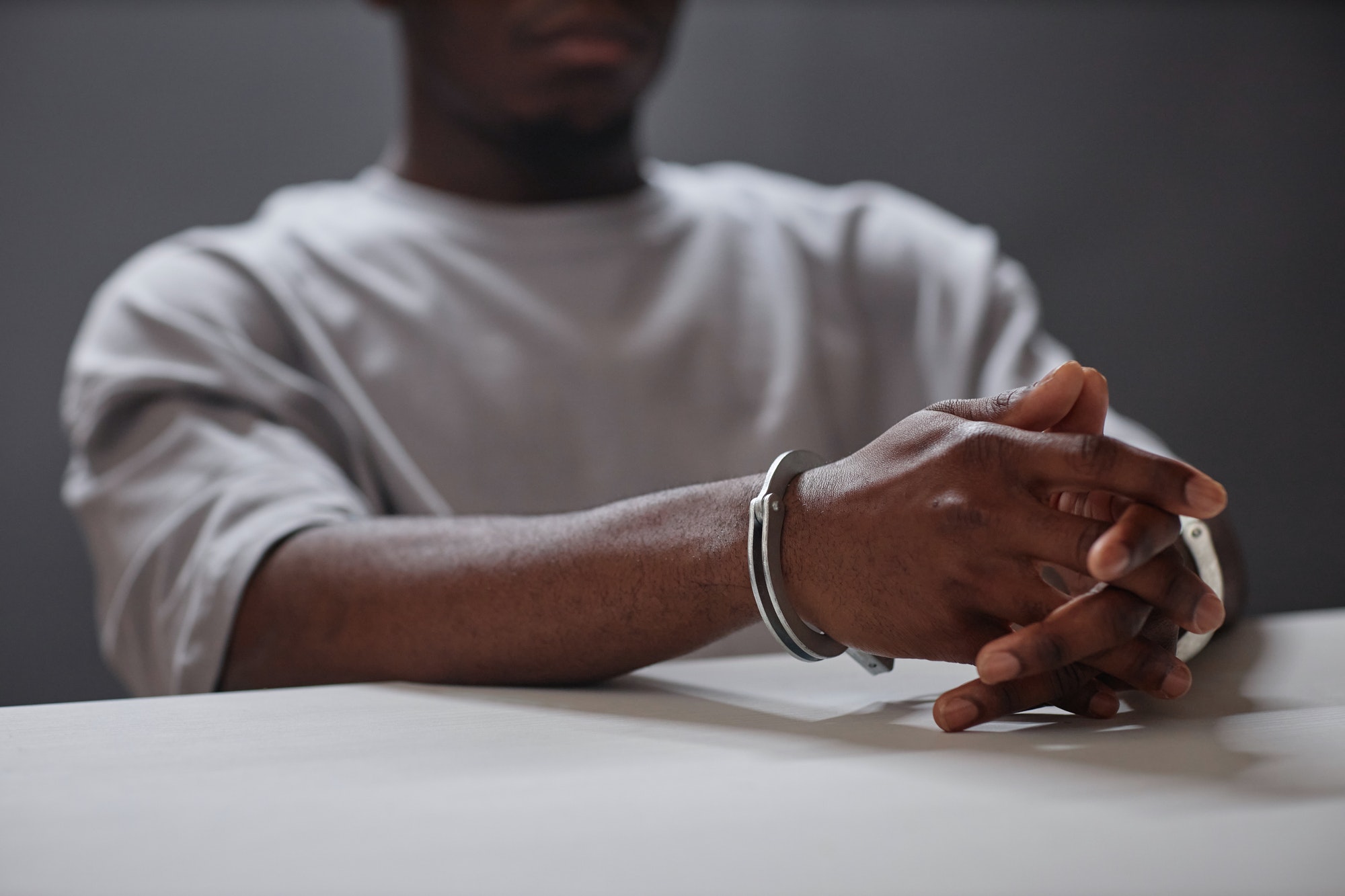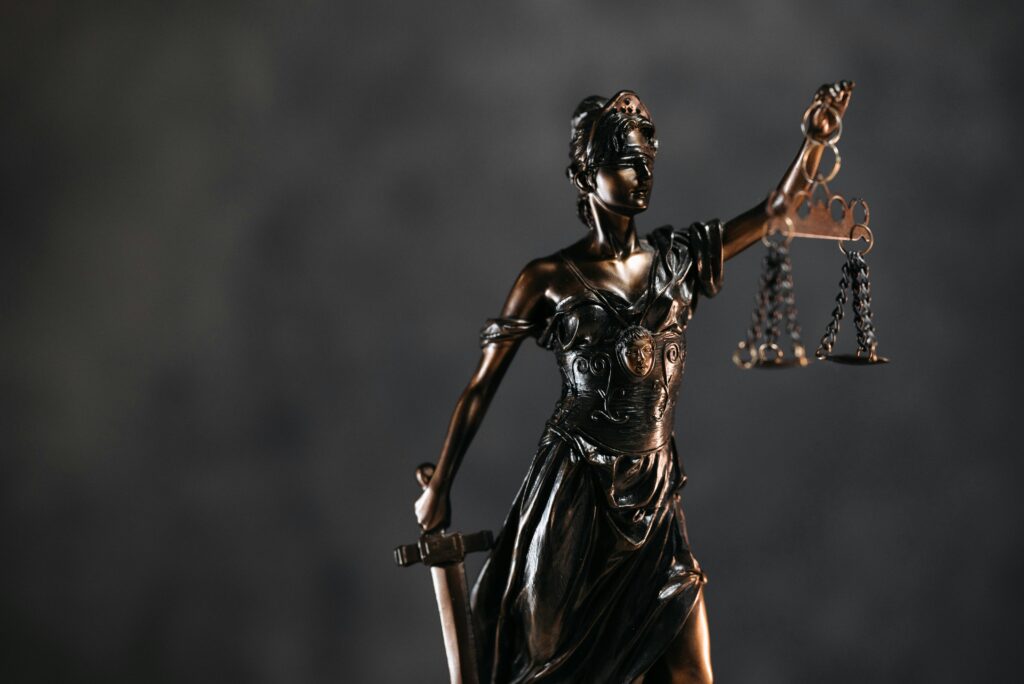Now Reading: Your Rights When Arrested in India: What People Don’t Know
-
01
Your Rights When Arrested in India: What People Don’t Know

Your Rights When Arrested in India: What People Don’t Know
Being arrested is one of the most frightening experiences one could have, especially when you do not have any idea of your legal rights. At that moment, it is challenging to understand your rights, which could lead to potential injustice. India has a strong framework for a rightful arrest, which can safeguard individual liberty. This article aims to clarify your legal rights and focuses on what you should know but often don’t.
Understanding Arrest in India: What People Should Know
It is necessary to remember that an arrest does not mean one is guilty. The Indian justice system believes in the principle of “innocent until proven guilty” Being aware of your rights is paramount. Many people forget that the ultimate power is not with the police. The law provides specific safeguards to protect your fundamental freedoms.
Types of Legal Rights Available to You During an Arrest
The Indian Constitution and the Bharatiya Nagarik Suraksha Sanhita guarantee several rights to protect individuals’ rights during arrest.
Right to Know the Grounds of Arrest [Article 22(1) of the Constitution and section 47 of Bharatiya Nagarik Suraksha Sanhita]: When one is arrested, they have the right to be informed of the grounds for their arrest. The information should be clear and not vague, and the full details of the arrest should be disclosed.
Right to Legal Consultation [Article 21 (1) of the Constitution and Section 38 of Bharatiya Nagarik Suraksha Sanhita]: An arrested person has the right to consult a lawyer of their choice. Additionally, if a person cannot afford legal services, the state is obliged to provide legal aid. This consultation must occur as soon as possible.
Right to be Produced Before a Magistrate [ Section 57 and 58]: An individual cannot be detained indefinitely. The arrested person must be produced before a Magistrate within 24 hours of arrest, excluding travel time. This is important because the magistrate can independently examine the legality of detention.
Right to Inform a Relative or Friend [ Section 48 (1)]: The police are legally required under this section to inform a relative or designated friend about an individual’s arrest and the location where they are being held. This ensures transparency and allows the family to provide support.
Right to Remain Silent [ Article 20 (3) of the Constitution]: A person cannot be compelled to testify against themselves. Individuals have the right to remain silent and not answer questions that could incriminate them. This right is crucial in protecting one’s interests.
Right to Medical Examination [ Section 51]: Any previous injuries or health concerns must be disclosed to a medical practitioner to create a record of one’s physical condition at the time of arrest, which could be vital in determining if there is any police brutality.
Right Against Illegal Detention: Prevents detention for longer than the legally allowed period without judicial authorisation.
Legal Rights Every Citizen Should Be Aware Of After Being Arrested
– Right to a Fair Trial: Even after an arrest, you have the right to a free and impartial trial.
– Right to Bail: You may be eligible for bail depending on the nature of the offence.
– Right Against Torture or Cruel Treatment: No form of torture can be used during interrogation or detention.
– Right to Compensation: If one is illegally detained or falsely accused, compensation can be sought.
Filing a Complaint:
If your rights are violated, you can file a complaint in the following ways:
– Magistrate Court: A complaint can be made requesting a Magistrate to direct the police to register an FIR.
– National/ State Human Rights Commission: A complaint can be lodged if there is any violation of human rights.
– High Court/ Supreme Court: File a writ petition under Article 226 (High Court) or Article 32 (Supreme Court) for violations of fundamental rights.
It is not just about the knowledge of legal formalities, but about being aware of the rights that could safeguard against potential abuses of power. It is crucial to understand and assert these rights so that you can protect yourself and achieve a more just outcome. Knowledge is power, especially when your liberty is at stake.










